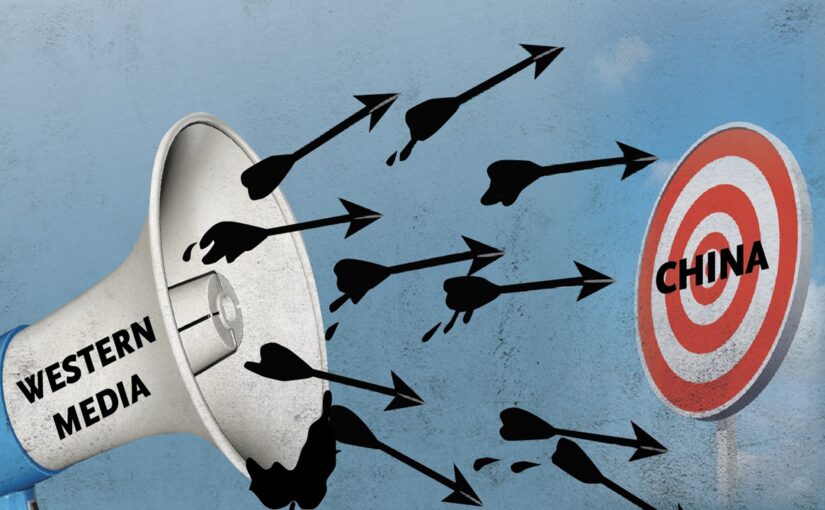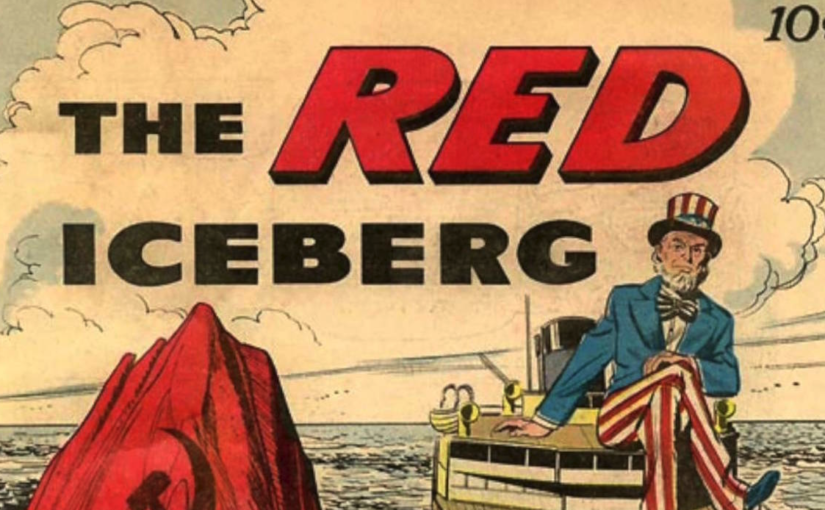What follows below is the full text of a written interview with Carlos Martinez, conducted by the Global Times.
The interview deals with a wide range of issues, including the New Cold War on China, the nature of Chinese socialism, the Belt and Road Initiative, capitalist versus socialist democracy, and anti-China propaganda in the Western media.
An abridged version was published in the Global Times on 31 August 2023.
Could you please briefly introduce yourself to us? When did you start to study China? And what made you start to be interested in the country?
I’m an author and campaigner from London, Britain, with a longstanding interest in the socialist countries and global anti-imperialism. My first book, released in 2019, was about the reasons for the collapse of the Soviet Union. I was involved in setting up the No Cold War campaign in 2020, and the Friends of Socialist China platform in 2021.
There were two main motivations for me to start studying China. The first comes from being a Marxist and wanting to understand how socialism is constructed in the real world. The second comes from being anti-imperialist and anti-war, and wanting to understand China’s role in the development of a peaceful and multipolar world.
The more I study China, the more I realise how poorly it’s understood in the West. In recent years, the anti-China propaganda in the media has been increasingly intense, corresponding to the rise of the US-led New Cold War. Many people have this absurd idea of China as some sort of authoritarian dystopia that’s intent on taking over the world. Many people believe the media’s disgraceful slanders about the suppression of human rights in Xinjiang, and so on.
China is misunderstood even on the left: lots of people believe that, because China uses market mechanisms, or because there are some very rich people in China, that it can’t be socialist any more. But then how do we explain China’s achievements? China has raised living standards beyond recognition; it’s become the world leader in renewable energy; it’s gone from being a poor and backward country to being a science and technology powerhouse; it’s leading the global shift to multipolarity; its life expectancy now exceeds that of the US. All this is historic and unprecedented progress, on a scale which has never been achieved by any capitalist country. Why on earth would the left want to attribute these successes to capitalism rather than socialism?
Continue reading Global Times interview with Carlos Martinez

